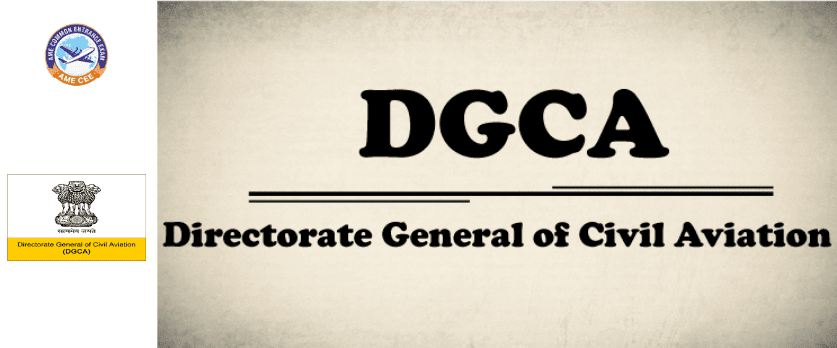The Directorate General of Civil Aviation (DGCA) is the national regulatory body for civil aviation in India. Established in 1971, it operates under the Ministry of Civil Aviation and is responsible for formulating and enforcing civil aviation regulations, overseeing safety and security, and promoting the development of the aviation sector in the country.
Full Form:
DGCA stands for the Directorate General of Civil Aviation.
Key Responsibilities
Safety Oversight
DGCA is primarily responsible for ensuring the safety and security of civil aviation operations in India. This involves setting and enforcing safety standards for aircraft operations, maintenance, and personnel.
Regulatory Framework
DGCA formulates and implements regulations related to civil aviation. These regulations cover various aspects, including airworthiness, flight operations, licensing of pilots and engineers, air traffic services, and airport standards.
Licensing and Certification
DGCA issues licenses and certifications to aviation professionals, including pilots, aircraft maintenance engineers (AMEs), and air traffic controllers. The process involves stringent examinations, training requirements, and compliance with international standards.
Airworthiness Certification
DGCA is responsible for certifying the airworthiness of civil aircraft operating in India. This includes the approval of aircraft designs, components, and modifications to ensure compliance with safety standards.
Accident Investigation
In the event of an aviation accident or incident, DGCA conducts investigations to determine the causes and contributing factors. The goal is to improve safety by identifying lessons learned and implementing preventive measures.
Surveillance and Inspections
DGCA conducts regular inspections and surveillance activities to monitor the compliance of airlines, maintenance organizations, and other aviation entities with safety regulations.
Airspace Management
DGCA plays a role in managing and regulating Indian airspace. This involves coordination with other relevant authorities to ensure safe and efficient air traffic operations.
DGCA and Aviation Education
DGCA is also involved in the approval and oversight of aviation training institutions. It sets standards for pilot training, aircraft maintenance engineering courses, and other aviation-related education programs.
Conclusion
The Directorate General of Civil Aviation is a crucial regulatory authority that plays a pivotal role in maintaining the highest standards of safety and efficiency in civil aviation within India. Its responsibilities span a wide range of activities, from formulating regulations to overseeing licensing and certification processes, and it operates with the overarching goal of ensuring a safe and robust aviation environment.
To become an aircraft maintenance engineer you may could join AME engineering through AME COMMON ENTRANCE EXAM (AME CEE) this examination you may join AME engineering approved by DGCA, EASA or UGC.


